There has been some interesting new research about PTSD, and there are some lessons about PTSD that we can learn. Let’s find out what the new PTSD research is all about.
Want to learn four essential aspects of PTSD that come from a world-renowned expert in the field?
Interested in knowing whether therapy for PTSD is worth the money and effort?
Curious about how PTSD may be different depending upon differences in the trauma that gives rise to this struggle?
Or maybe you would just like some encouragement because you, or someone you love, is battling PTSD?
You said yes? Good. You’ve come to the right place.
Let’s get started.
Related: 17 Warning Signs Of Complex PTSD (Complex Post-Traumatic Stress Disorder)
A PTSD Researcher Speaks Out
The Psychiatric Times recently published an interview by Heidi Anne Duerr with doctor Armen K. Goenjian, a research psychiatrist at the David Geffen School of Medicine at the University of California, Los Angeles.
He has studied the short and long-term impact of PTSD. In particular, he has closely examined PTSD arising from natural disasters (think of the recent carnage created by tornados in Nashville Tennessee).

In 1988 Armenia experienced two earthquakes in a single day that killed 60,000 people and destroyed half a million buildings. Many of the survivors were psychologically traumatized as a result.
As one would expect there were also many people who were profoundly affected by grief from the loss of family and friends. Goenjian found that those individuals who received trauma-focused therapy within 18 months after the earthquakes had much fewer symptoms, and less intense symptoms, of PTSD than those who did not receive therapy.
This is consistent with other studies as well.
The benefits of therapy generally persisted for years. Even when participants were interviewed years later the gains they had made continued to be present.
PTSD: Vulnerable Genes?
Another interesting insight that Dr. Goenjian mentioned is that there appears to be a genetic component regarding one’s vulnerability to PTSD. This should not be surprising.
Other research shows, for instance, that women are much more likely to experience PTSD than men.
This is true even though women as a group are found to be exposed to traumatic events less often than men.
Although this is not conclusive, it certainly suggests that differences in genetics play a role in one’s response to traumatic events.
So, again, it is not surprising when Goenjian asserts that genetics represents 40% of the influence determining whether someone develops PTSD.
But we should keep in mind that research on PTSD and genetics is still growing.
This is only an estimate. Other studies put the genetic influence of developing PTSD after exposure to trauma at between 5 and 20%
To muddy the water a little further, still other studies of twins show 24 to 72% heritability.
Although the exact size of genetic influence can be argued, what has become clear is that genes play a robust role in determining who responds to trauma by developing PTSD symptoms.
Related: 10 Anxious Behaviors That Could Actually Be Trauma Responses
Does PTSD Symptoms Differ Depending On How Someone Was Traumatized?
On a final note I want to mention that for many years, researchers have debated whether PTSD is the same when the trauma arises due to natural events (i.e., hurricanes, earthquakes) versus human behavior (i.e., rape, war).
Many believed that trauma created by other people was worse. It is one thing to be confronted by the terrible indiscriminate power of nature. It is another to be confronted by evil, harnessed to an individual’s anger, lust, greed, or sadistic bent.
The argument for the distinction being made is logical. It carries some merit. But what does the research evidence say?
Goenjian gives a well-thought-out answer: “Survivors of [human] violence and natural disasters have many similar PTSD symptoms. In both categories, survivors will experience recurrent intrusive memories, flashbacks, nightmares, guilt feelings, and mistrust.
However, the contents of their thoughts will vary depending on their experiences. Other symptoms are also similar, e.g., insomnia, poor concentration, anger, jumpiness, etc. In cases of sexual abuse and rape, there may be more dissociative states, detachment, depersonalization, feeling of defilement, loss of confidence, and self-loathing.”
One might conclude that ‘all things being equal’ the trauma perpetuated by another person is greater than that which occurs due to natural causes.
The ‘feeling of defilement, loss of confidence, and self-loathing’ are in addition to all the other common trauma reactions (nightmares, hypervigilance, guilt, flashbacks, etc.).
So in that regard, the source of the trauma makes a huge difference (for example, in how one might respond to a loved one who has been traumatized).
But here is the thing, there is no way to judge whether ‘all things are equal’ when comparing two specific trauma events, one due to natural causes and the other due to human action. As the saying goes, this is comparing apples to oranges, carrots to cucumbers, or asparagus to onions. You get the idea.
As Goenjian noted in that same article “One form of trauma does not necessarily cause more severe PTSD than the other. The severity depends upon the intensity of the trauma, the individual, how many times the traumatic event was repeated, and other factors.”
Conclusion
There are four main things I want you to take away from the above discussion:
1. If you, or someone you love, has experienced a traumatic event and have begun to show symptoms of PTSD (e.g., more anxious, intrusive thoughts/memories, being on guard more, disturbed sleep, diminished concentration), get help.
The assistance you receive may change the arc of your life. Don’t wait, don’t debate it, just get it done. Finding the right therapist, one that has experience helping people with PTSD (and with whom you feel a connection) is important: there are practical guides available to help you in selecting a therapist.
Related: 30+ Interesting Facts About PTSD
2. Your response to traumatic events will depend in part upon your genetics. Don’t take it personally. Don’t attach a lot of useless meanings to your being someone who is struggling with PTSD. It’s not a sign of weakness. It’s not a sign that you are defective. It’s not a sign that you are forever damaged.
PTSD symptoms are a sign that your brain has switched to ‘high alert’ mode most (perhaps all) of the time. It’s a protective response, but unproductive. If you were still in the trauma situation it would be helpful.
You’re not, so it is a harmful response (because you are in some ways acting/feeling as though the danger is ever present even when you are safe… not a good reality/response match).
Again, your genetics may be such that they are heightening the intensity of your response to trauma. That will not prevent you from dialing things down and getting back to normal, back to your baseline.
3. Trauma created by humans, versus nature, may create different PTSD responses (distrust of others, self-loathing, a feeling of defilement), in addition to the typical PTSD responses (intrusive memories, anxiety, hyper-vigilance, loss of concentration).
Both sources of trauma are capable of creating devastating effects. One is not necessarily worse than the other.
The importance of understanding how different sources of trauma might affect a person is that this knowledge helps to guide therapy. So, make sure to work with a therapist who is aware of this distinction.
4. If you have been traumatized it can feel as though you have lost a large part of who you were prior to the trauma. A sense of helplessness and defeat may have begun to settle into your life.
Only you can turn things around. That’s good news. You are not dependent on waiting for others to pull you out of this emotional ditch. You can do it yourself.
Is it easy? Hell no. It’s very difficult most of the time to claw your way back from PTSD. But the options of not doing so are pretty grim. What, live the rest of your life being miserable? Not a chance.
Whether the trauma you faced was man-made or brought on by nature, you decide what your response will now be. Having been victimized by traumatic events does not mean you live life as a victim. That is a deadly mindset.
Related: Broadening Our Understanding of Trauma: Why Context Matters
Resolve to fight back, to win your life back, to become stronger as a result of the trauma. Do this, grab on to this perspective as though your life depended on it. Before long you will start getting traction, making forward, and begin to view yourself as a victor, not a victim.
In the end, you’ll look back and see yourself as someone who, when confronted with a tremendous challenge, mustered the grit, persistence, faith, and unwavering resolve to triumph over crushing obstacles.
I’ve seen many people fight this battle and win. You also can end up victorious in your fight against PTSD. So what are you waiting for, go get after it!

If you want to read more blogs by Forrest Talley, then visit his website, Forrest Talley.
Written By Forrest Talley
Originally Appeared In Forrest Talley



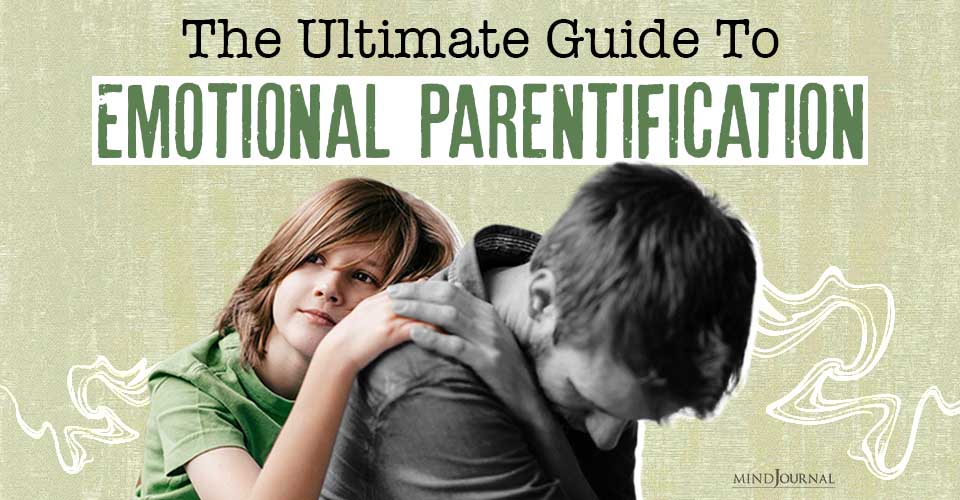
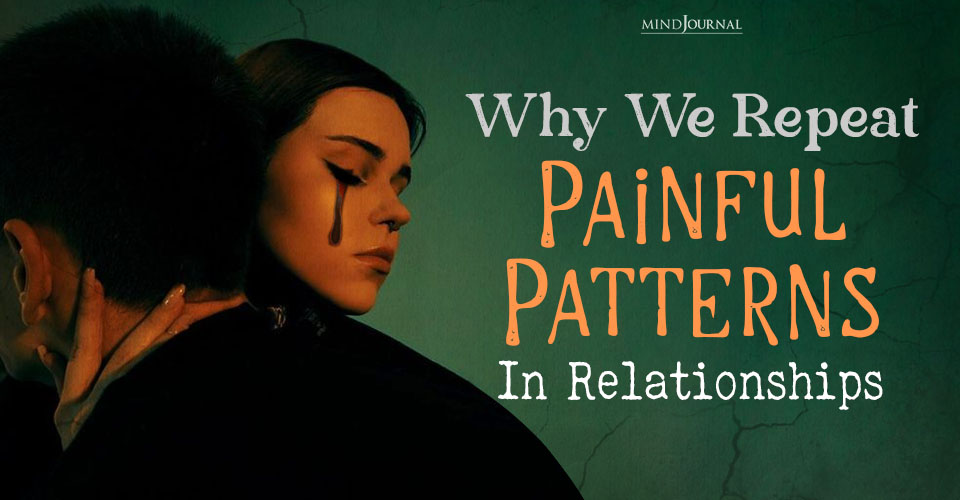
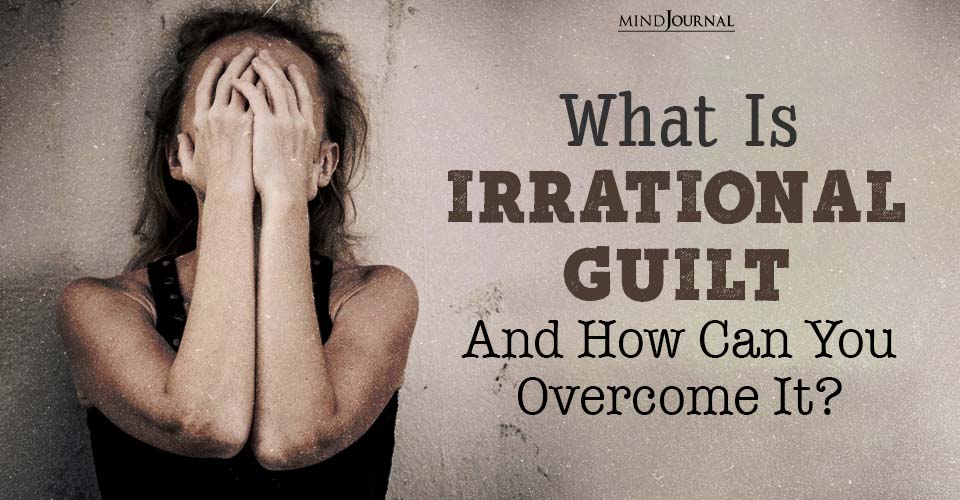


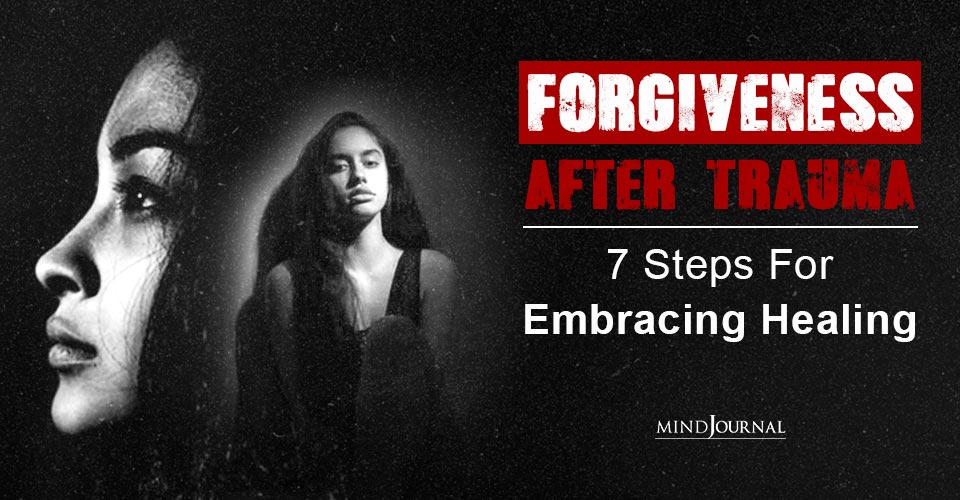
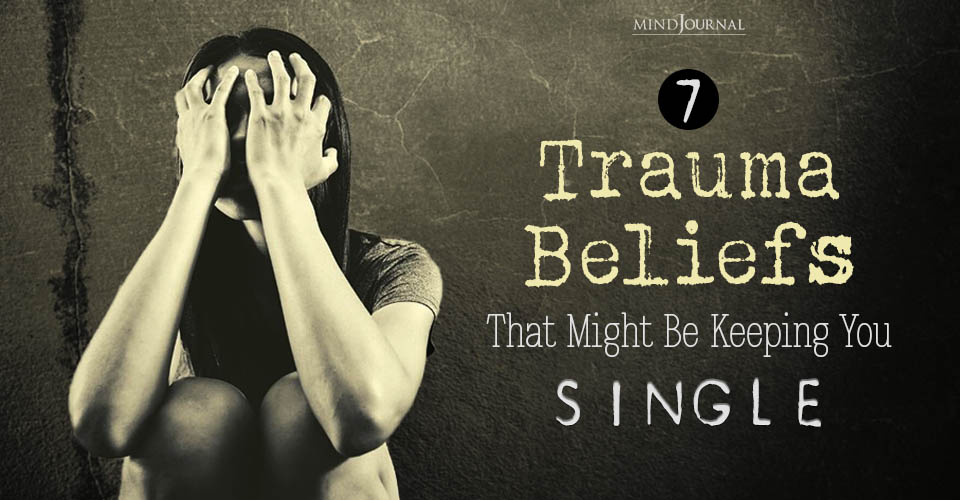
Leave a Reply